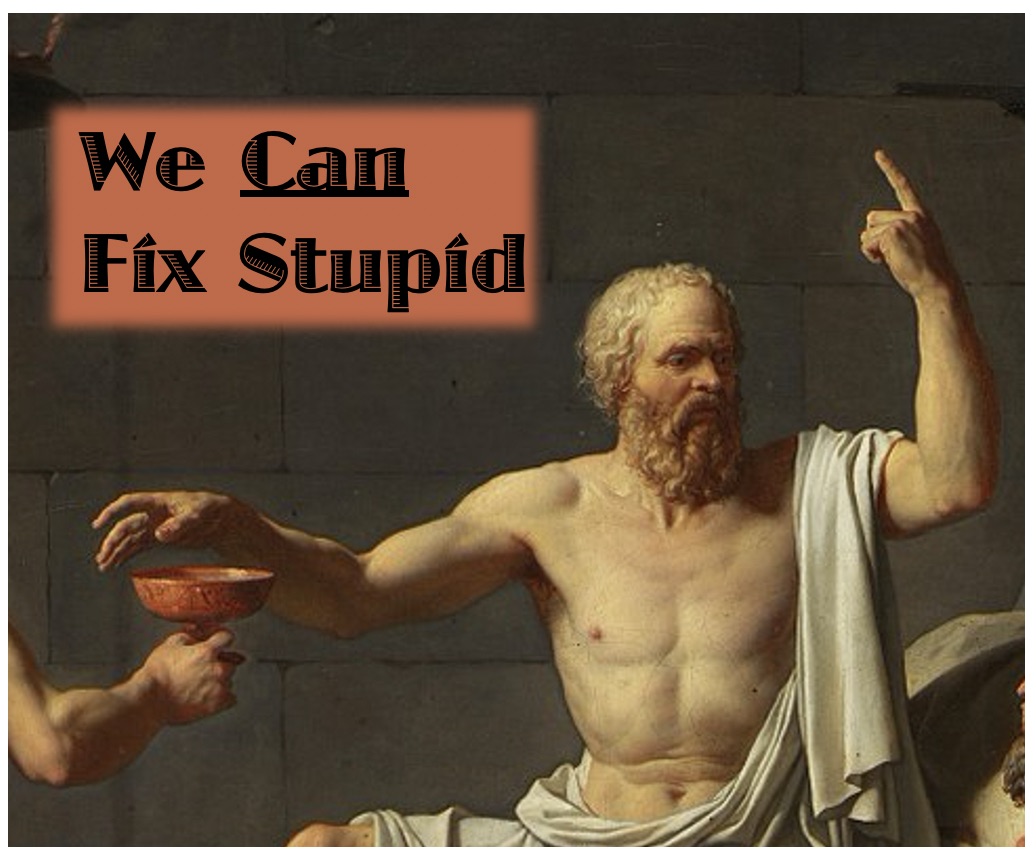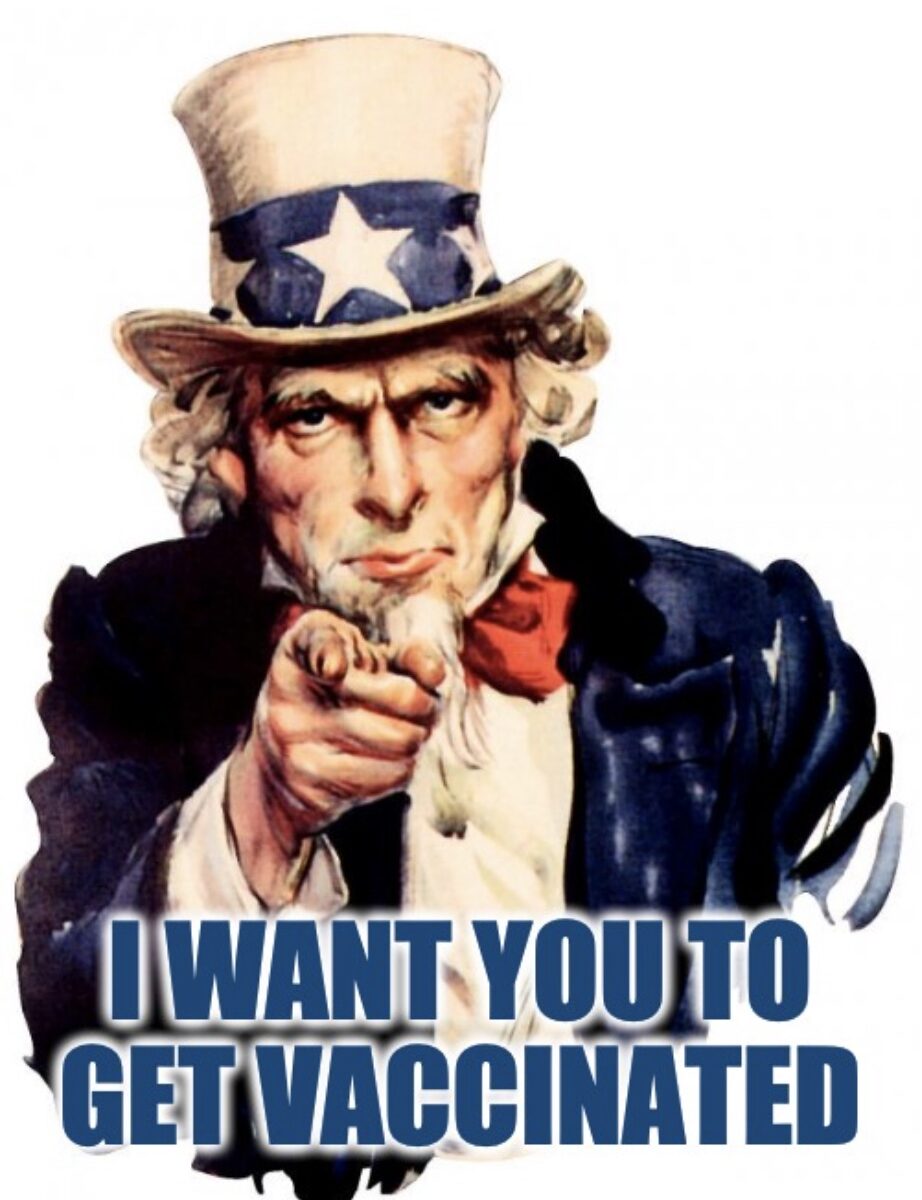Fresno Bee, September 12, 2021
Abortion is a contentious moral and political issue. The new law in Texas, “The Texas Heartbeat Act,” gives us a lot to think and argue about.
One issue is the law’s novel “enforcement” mechanism. The law does not put the state directly in charge of policing abortion. Rather, that is left up to what the law calls “a private civil right of action.” Citizens may direct lawsuits against abortion providers.
Critics have pointed out that this is a kind of vigilante enforcement, where ordinary people are empowered to punish abortion. There will likely be legal challenges to that enforcement mechanism.
The deeper moral question is about where we draw the line that establishes the moral worth of a fetus. The Texas law draws that line around so-called fetal heartbeat. The law states that “fetal heartbeat has become a key medical predictor that an unborn child will reach live birth.” It defines fetal heartbeat as “the steady and repetitive rhythmic contraction of the fetal heart within the gestational sac.”
Critics have pointed out that while rhythmic activity is detectable at about six weeks, this is not a heartbeat. There are no heart valves at that stage of development.
You might think that the question of fetal heartbeat would be easy to answer. But is there a “heartbeat” before the heart is fully formed? Furthermore, why does heartbeat matter?
This is connected to questions at the other end of life. Is a person whose heart has stopped beating really dead? Hearts can be re-started and even transplanted. And blood can be pumped artificially.
So, heartbeat is not the only thing that matters in thinking about the moral status of a body. Indeed, there are deep disagreements about how we determine that moral status.
Some opponents of abortion draw the line earlier than six weeks, claiming that “life begins at conception.” This perspective claims that when there is a unique set of DNA — when sperm and egg unite — a unique person is created. The “life begins at conception” idea opposes abortion as well as “contraception” that prevents fertilized eggs from implanting in the uterus.
On the other hand, some defenders of abortion argue that what matters is “viability,” the ability of a fetus to live outside of its mother’s womb. Others focus on brain development. The brain-based view may be fleshed out in various ways. Perhaps what matters is sentience, the ability of a fetus to feel pain. Or maybe what matters is the development of complex neurological systems capable of desire, intentionality, and higher-thought.
Viability and complex brain development happen much later than six weeks.
A further consideration is what happens when there is a conflict of goods and values. Some pro-choice arguments will admit that a fetus has some moral value while also maintaining that the mother’s autonomy can trump that value. Sometimes this is articulated as saying that an actual person’s rights outweigh the emergent rights of a merely potential person.
Furthermore, there is the legal question of what we should do when there are fundamental disagreements about all of this. In Texas, the state has decreed that what matters is the so-called heartbeat. But what if a woman in Texas disagrees with that? She may think that brains matter.
Or she might think, as they used to in the old days, that what matters is “quickening” — the moment when a woman feels the fetus move within her. Or she may believe that a fetus becomes a person when it draws its first breath at the moment of viability.
How can we restrict abortion without violating a woman’s right to decide for herself about fundamental questions of personhood, ensoulment, and the value of her own autonomy?
Abortion is contentious because we disagree about the answer to that question and the other questions mentioned here. These disagreements are not going away. They cannot be solved by science and medicine. Nor does yelling and protesting resolve them.
These are metaphysical and moral disagreements, involving disputes about the meaning and value of life. As we continue to argue about abortion, we ought to try our best to understand the depth of these disputes and to think critically about our disagreements.




